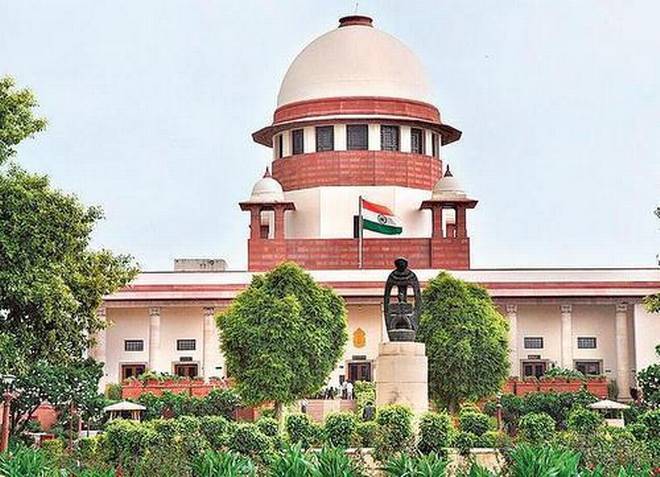A bench headed by Justices D Y Chandrachud and Ajay Rastogi, on Thursday set aside the NGT direction issued by Ministry of Environment and forests on 14th May 2002, in which the grant of “ex post facto” Environmental Clearance is visualized, which is against the fundamental principles of environmental jurisprudence.
The court while invoking the power of Article 142 of the Constitution directed the defaulting industries for payment of compensation and also elucidated “environment law cannot countenance the notion of an ex post facto clearance.”
In the circular of 14 May 2002 which is contrary to law, envisaged the grant of ex post facto environmental clearances and the NGT issued a slew of directions including the revocation of environmental clearances and for closing down industrial units operating without valid consents.
The order has been passed in the backdrop of that the three industries operated without an EC for several years after the EIA notification of 1994, each of them had subsequently received ECs including amended ECs for expansion of existing capacities.
The court relied upon the judgment of Common Cause v Union of India in which the concept of an ex post facto EC is in derogation of the fundamental principles of environmental jurisprudence and is an anathema to the EIA was introduced.
In the view of above the court followed the judgment of the common cause case and clarified few view points to ensure a smooth decision:
- The reason why a retrospective EC or an ex post facto clearance is alien to environmental jurisprudence is that before the issuance of an EC, the statutory notification warrants a careful application of mind, besides a study into the likely consequences of a proposed activity on the environment. An EC can be issued only after various stages of the decision-making process have been completed.
- Requirements such as conducting a public hearing, screening, scoping and appraisal are components of the decision-making process which ensure that the likely impacts of the industrial activity or the expansion of an existing industrial activity are considered in the decision-making calculus.
- Allowing for an ex post facto clearance would essentially condone the operation of industrial activities without the grant of an EC. In the absence of an EC, there would be no conditions that would safeguard the environment. Moreover, if the EC was to be ultimately refused, irreparable harm would have been caused to the environment.
Further, the court noted the detailed process listed out in the EIA notification of 1994 for obtaining an EC allows for minimising the adverse environmental impact of any industrial activity and improving the quality of the environment. provided the social and environmental impacts of an industrial activity, environment compliance must not be seen as an obstacle to development. “One must adopt an ecologically rational outlook towards development”
In the view of above the court directed that the industries to deposit compensation quantified at ₹ 10 crores each as a facet of preserving the environment in accordance with the precautionary principle.
The amount shall be deposited with GPCB and it shall be duly utilized for restoration and remedial measures to improve the quality of the environment in the industrial area.
In addition the court therefore set aside the impugned judgment of the NGT dated 8 January 2016 in so far as it directed the revocation of the ECs and closure of the industries as well as the order in review dated 17 May 2016.
-India Legal Bureau


